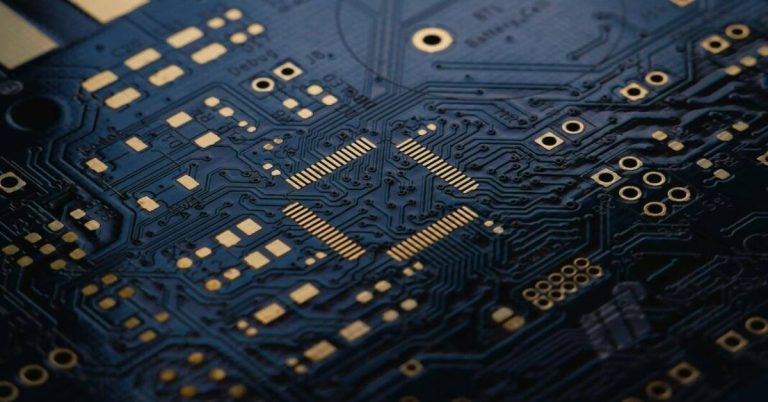In a world saturated with negativity, it’s easy to lose sight of the incredible potential shaping our future. This article offers a dose of data-driven optimism, focusing on two transformative forces poised to reshape our world: artificial intelligence (AI) and its burgeoning role in education, and how this powerful combination is being leveraged to tackle some of humanity’s most pressing challenges, specifically, the deadliest cancers. We will explore the exciting possibilities of AI-powered universities and how their advancements are accelerating breakthroughs in cancer research, leading us towards a future where these diseases are no longer the death sentences they once were.
The Rise of AI-Powered Universities
The traditional university model, while valuable, faces limitations in scalability and adaptability. AI-powered universities offer a solution. Imagine personalized learning pathways tailored to individual student needs, leveraging AI to provide real-time feedback and adaptive assessments. This personalized approach fosters deeper understanding and accelerates learning, preparing a new generation of scientists equipped to tackle complex problems like cancer.
AI’s Role in Cancer Research
AI is revolutionizing cancer research by analyzing massive datasets far beyond human capabilities. Machine learning algorithms can identify patterns and correlations in genomic data, leading to earlier and more accurate diagnoses, personalized treatment plans, and the discovery of new drug targets. This speed and precision are vital in the fight against aggressive cancers.
Big Data and Cancer Genomics
The sheer volume of genomic data generated in cancer research is overwhelming. AI is indispensable in managing and analyzing this data. AI algorithms can sift through millions of data points to identify subtle variations in gene expression, mutations, and protein interactions that might otherwise go unnoticed. This allows researchers to better understand the complex mechanisms driving cancer development and progression.
Accelerating Drug Discovery with AI
Developing new cancer drugs is a lengthy and expensive process. AI is streamlining this process by predicting the efficacy of potential drug candidates, identifying promising drug targets, and optimizing drug design. AI-powered simulations can significantly reduce the time and cost associated with drug development, bringing life-saving treatments to patients faster.
The Future of Cancer Treatment: A Collaborative Effort
The fight against cancer requires a multidisciplinary approach. AI-powered universities are fostering collaboration between researchers, clinicians, and data scientists, accelerating innovation and knowledge sharing. By connecting experts across various fields, these universities create a synergistic environment that drives significant progress in cancer research and treatment.
In conclusion, the convergence of AI and education represents a powerful force for positive change. AI-powered universities are not merely technological advancements; they are catalysts for innovation, accelerating progress in critical areas like cancer research. The personalized learning they offer empowers future generations of scientists, while their data-crunching capabilities are unlocking the secrets of cancer, paving the way for earlier diagnosis, more effective treatments, and ultimately, a world where cancer is no longer a leading cause of death. The future, powered by data-driven optimism and AI, is bright.

